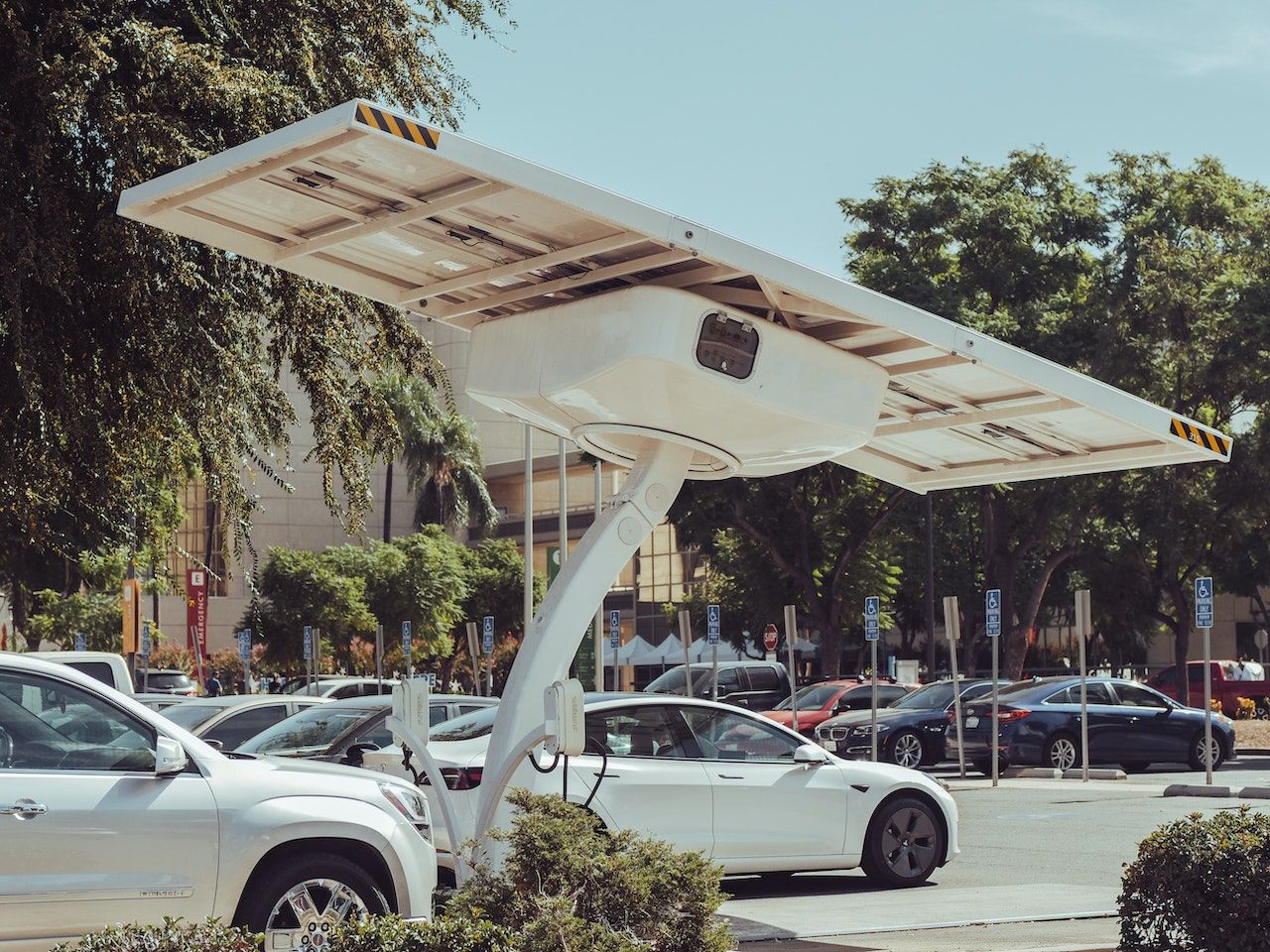(Untitled)
1. Introduction
An electric vehicle (EV) charger is a device used to charge electric vehicles with electricity. This is typically done by connecting the charger to an electric vehicle's battery, either directly or through an external power source. The most common type of EV charger is an AC wall outlet, but there are also DC fast chargers and other types available. EV chargers can be purchased from a variety of vendors, and the cost can vary depending on the type of charger and the manufacturer.
a. What is an Electric Vehicle (EV) Charger?
An electric vehicle (EV) charger is a device used to charge electric vehicles with electricity. This is typically done by connecting the charger to an electric vehicle's battery, either directly or through an external power source. The most common type of EV charger is an AC wall outlet, but there are also DC fast chargers and other types available. EV chargers can be purchased from a variety of vendors, and the cost can vary depending on the type of charger and the manufacturer.

EV chargers come in different sizes and power capacities, so it is important to choose the right one for your needs. Some EV chargers are designed to be portable, while others are more permanently installed. EV chargers can also be either Level 1 or Level 2 chargers, which refer to the power output of the charger. Level 1 chargers typically output 120 volts of alternating current, while Level 2 chargers output 240 volts.
b. Benefits of EV Chargers
EV chargers are beneficial to electric vehicle owners because they provide a convenient and efficient way to charge their vehicle. EV chargers are usually much faster than charging with a standard wall outlet, and some EV chargers are even able to charge multiple vehicles at once. This is especially useful for households with multiple electric vehicles, as it allows for faster charging times and more efficient use of electricity.
In addition to the convenience and efficiency of EV chargers, they can also save money on electricity bills. Many EV chargers are designed to be energy-efficient, meaning they use less electricity than standard wall outlets and can help to reduce electricity bills. Furthermore, some EV chargers are even eligible for government subsidies and other incentives, which can further reduce the cost of ownership.
2. Buying an EV Charger
When it comes to buying an EV charger, there are several factors to consider in order to ensure you get the best product for your needs. From the type of charger to the installation and safety considerations, there’s a lot to think about. To help you make the right decision, here’s a guide to buying an EV charger.
a. Factors to Consider When Buying an EV Charger
When it comes to buying an EV charger, there are several factors to consider. First and foremost, you should determine the type of charging you need. Most EV owners will require Level 2 charging, which is more powerful than Level 1 charging and is capable of faster charging times. You should also consider the amperage of the charger you need, as this will determine the charging speed. Additionally, you should consider the compatibility between your EV and the charger, as well as the installation process and any safety considerations.
b. Types of EV Chargers
When it comes to buying an EV charger, there are several types to choose from. The most common type is the Level 2 charger, which is the fastest and most powerful type of charger. It is typically installed in a home or garage and is capable of charging an EV in a matter of hours. There are also Level 1 chargers, which are slower but more affordable and can be used in public charging stations. Finally, there are DC fast chargers, which are the fastest type of charger and can charge an EV in minutes.
c. Installation and Safety Considerations
When installing an EV charger, it is important to consider safety. You should ensure that the charger is installed in an area that is away from flammable materials and that all wiring is properly insulated. Additionally, you should ensure that the charger is properly grounded and that all connections are secure. Finally, you should consider any local regulations or codes that may apply to the installation of an EV charger.

3. Conclusion
An EV charger is a great investment for any electric vehicle owner. It’s important to understand the different types of EV chargers, their features, and the cost associated with them before making a purchase. This guide has outlined the different types of EV chargers, their advantages and disadvantages, and tips for making the best purchase decision.
a. Summary of Buying an EV Charger
When buying an EV charger, it’s important to consider the type of charger, the features that are important to you, and the cost. Level 1 chargers are the slowest and least expensive, while Level 2 and DC fast chargers are more expensive but charge faster. It's also important to consider installation costs and any maintenance costs associated with the charger. Finally, it's important to read reviews and do research to ensure you are getting the best charger for your needs.
b. Tips for Buying an EV Charger
- Do your research. Make sure you understand the different types of EV chargers and their features before making a purchase decision.
- Understand your needs. Consider the power output, installation requirements, and cost associated with the charger.
- Consider installation costs. Make sure you understand any installation or maintenance costs associated with the charger.
- Read reviews. Read reviews and do research to ensure you are getting the best charger for your needs.